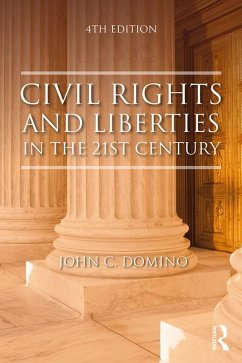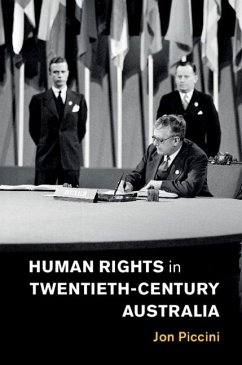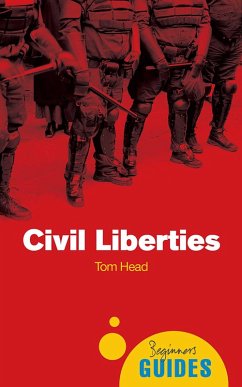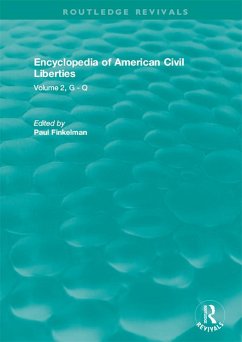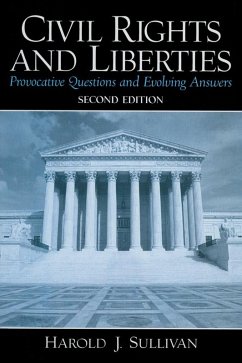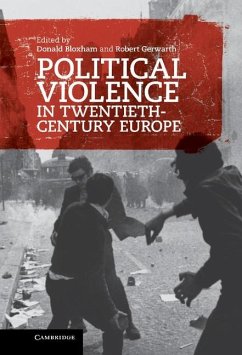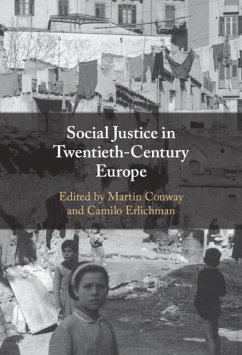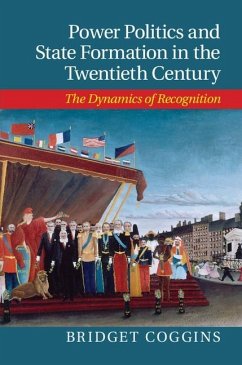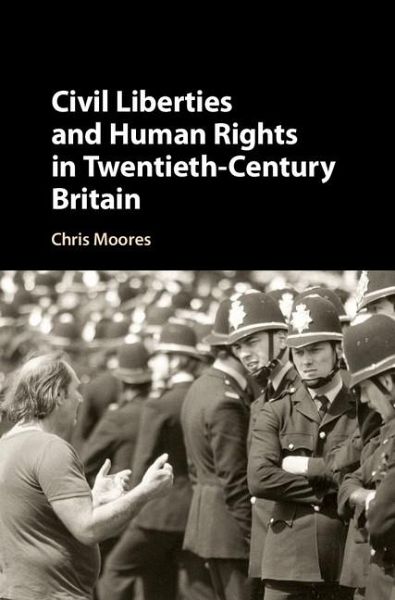
Civil Liberties and Human Rights in Twentieth-Century Britain (eBook, ePUB)

PAYBACK Punkte
9 °P sammeln!
The National Council for Civil Liberties (NCCL) was formed in the 1930s against a backdrop of fascism and 'popular front' movements. In this volatile political atmosphere, the aim of the NCCL was to ensure that civil liberties were a central component of political discourse. Chris Moores's new study shows how the NCCL - now Liberty - had to balance the interests of extremist allies with the desire to become a respectable force campaigning for human rights and civil liberties. From new social movements of the 1960s and 1970s to the formation of the Human Rights Act in 1998, this study traces th...
The National Council for Civil Liberties (NCCL) was formed in the 1930s against a backdrop of fascism and 'popular front' movements. In this volatile political atmosphere, the aim of the NCCL was to ensure that civil liberties were a central component of political discourse. Chris Moores's new study shows how the NCCL - now Liberty - had to balance the interests of extremist allies with the desire to become a respectable force campaigning for human rights and civil liberties. From new social movements of the 1960s and 1970s to the formation of the Human Rights Act in 1998, this study traces the NCCL's development over the last eighty years. It enables us to observe shifts and continuities in forms of political mobilisation throughout the twentieth century, changes in discourse about extensions and retreats of freedoms, as well as the theoretical conceptualisation and practical protection of rights and liberties.
Dieser Download kann aus rechtlichen Gründen nur mit Rechnungsadresse in A, B, BG, CY, CZ, D, DK, EW, E, FIN, F, GR, HR, H, IRL, I, LT, L, LR, M, NL, PL, P, R, S, SLO, SK ausgeliefert werden.




